-
main-collection-product-grid
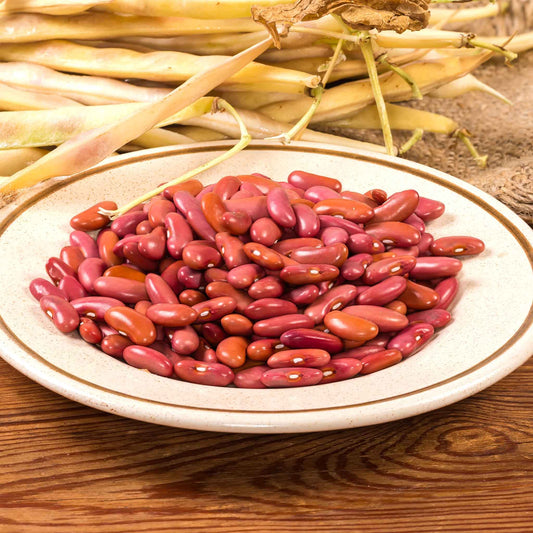
Bean Seeds (Organic) - Light Red Kidney
Traditional bean for salads, soups, and chiliBean Seeds (Organic) - Light Red Kidney
Traditional bean for salads, soups, and chiliRegular price As Low As $15.99Regular priceUnit price per -
main-collection-product-grid
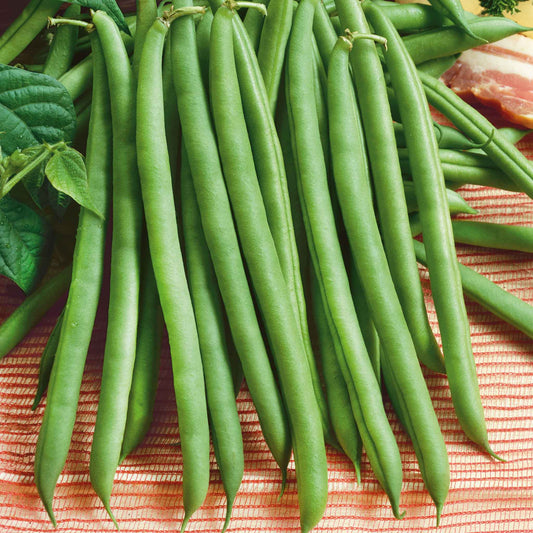
Bean Seeds (Organic - Bush) - Provider
Great bean to grow in a variety of soil typesBean Seeds (Organic - Bush) - Provider
Great bean to grow in a variety of soil typesRegular price $15.99Regular priceUnit price per -
main-collection-product-grid
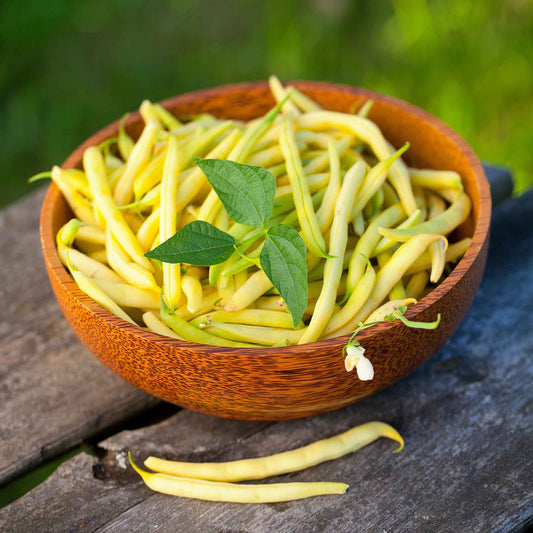
Bean Seeds (Organic) - Golden Wax
Home gardeners love this bean for canning and freezingBean Seeds (Organic) - Golden Wax
Home gardeners love this bean for canning and freezingRegular price As Low As $15.99Regular priceUnit price per -
main-collection-product-grid
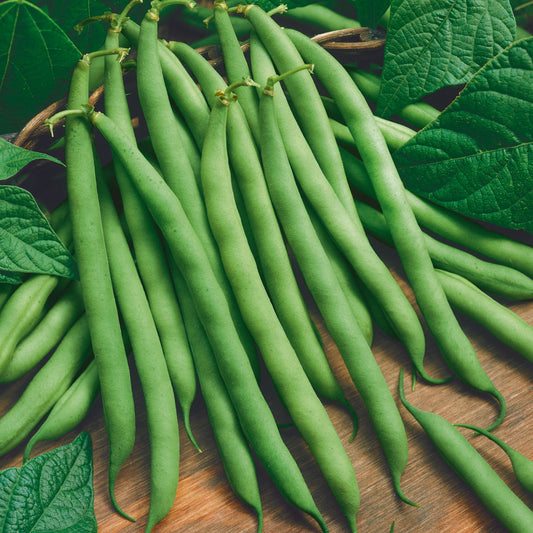
Bean Seeds (Organic) - Blue Lake 274
Produces over a long season with crisp and crunchy beansBean Seeds (Organic) - Blue Lake 274
Produces over a long season with crisp and crunchy beansRegular price As Low As $15.99Regular priceUnit price per -
main-collection-product-grid
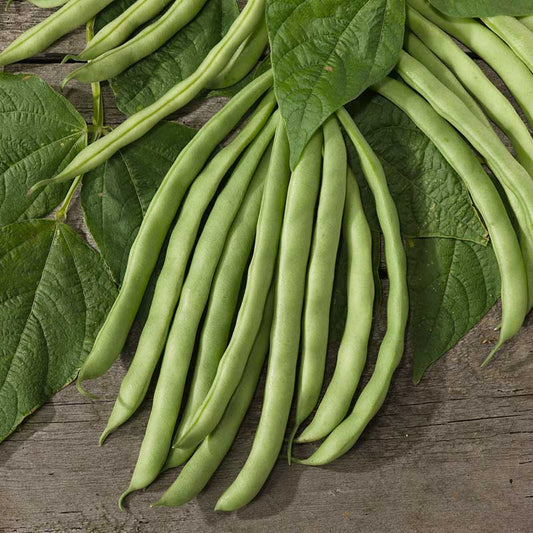
Bean Seeds (Organic) - Contender
Stringless bean that does well for canning or freezingBean Seeds (Organic) - Contender
Stringless bean that does well for canning or freezingRegular price As Low As $15.99Regular priceUnit price per -
main-collection-product-grid
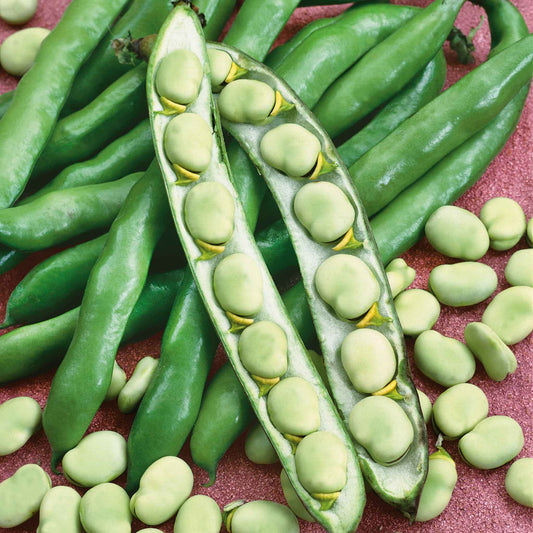
Bean Seeds (Organic) - Broad Windsor
Great tasty dry bean that pairs well with spices and herbsBean Seeds (Organic) - Broad Windsor
Great tasty dry bean that pairs well with spices and herbsRegular price As Low As $15.99Regular priceUnit price per
About our organic bean seeds
- 6 organic bean seed varieties
- Easy to grow and maintain
- Thrives in bright, sunny growing areas
- Offers culinary versatility with preparations such as boiling, frying, baking, and more
Organic beans are the best garden staple
Choose from pole, bush, or runner types for this must-have veggie in the garden. Organic pole beans take up very little space in the yard and can be grown along a fence or other vertical structure. Beans come in a rainbow of colors, including green, yellow, purple, and red.
Organic beans are the seeds of a variety of flowering plants in the Fabaceae family that are used as both human and animal food. They may be prepared in a variety of ways, including boiling, frying, and baking, and are used in many traditional cuisines across the world. The term "bean" has been used in West Germanic languages from before the 12th century. After interaction between Europe and the Americas during the Columbian era, the word was expanded to include pod-borne seeds of Phaseolus, such as the common bean and the runner bean, as well as the related genus Vigna.
Numerous Organic Bean Varieties
Many other seeds with similar shapes, such as Old World soybeans, peas, different vetches, and lupines, as well as others with merely a passing similarity, such as coffee beans, vanilla beans, castor beans, and cocoa beans, have been referred to be coffee beans for a long time. As a result, the term "bean" can refer to a wide range of species.
Organic beans are a summer crop, therefore they require warm conditions to develop and thrive. From planting to harvest, the typical maturation time is 55 to 60 days. Bean plants are vines that need to be supported from the outside. Native Americans used to grow them alongside squash and maize, with the corn stalks acting as a support system for the beans. You may have heard of the three sisters, which refers to the aforementioned harmonizing trio.
There are a plethora of organic bean varieties to pick from. Choosing your variety is sometimes the most difficult aspect. Having said that, appropriate planting is essential once you've picked your beans. If you're new to growing beans, do your homework on each type before planting to ensure you're providing the right environment and care.
Learn to plant organic beans
For more information about planting, growing, and caring for organic beans, see our Bean Seeds Planting Guides: Pole Beans, Bush Beans, Fava Beans, Edamame Beans.





